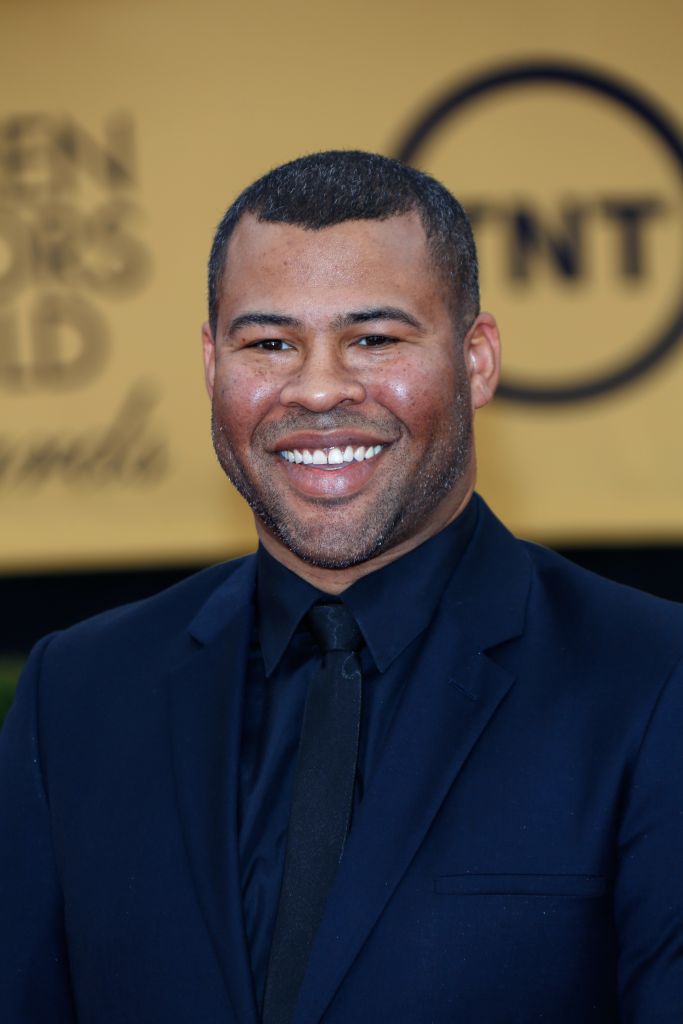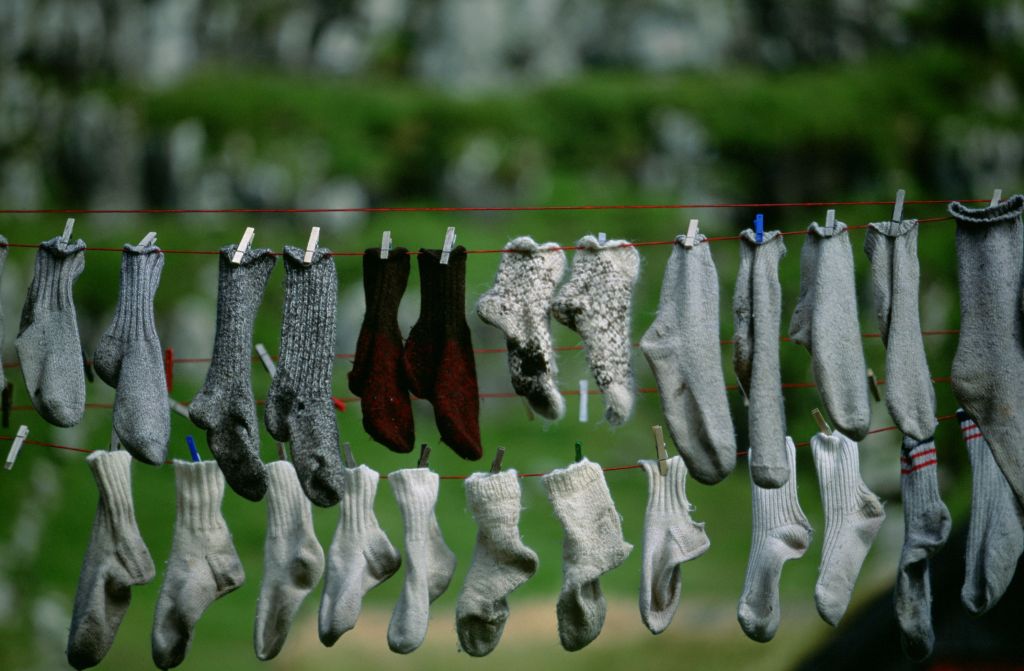
Source: picture alliance / Getty
Fiction is everywhere. It is around us. It is through us. We find it under our fingernails. We are all Proustian: tepid, sensitive, unsure until a smell ignites a memory that engulfs us. And fiction is the ruler of today.
On the web, people are granted the space to throw out igneous answers filled with both truths and lies. Premises fall short, going nowhere. Others bubble up, ready to gush, but something causes them to lose their trajectory. And, of course, there are the lies of the 45th President.
They are told bombastically, with all the bluster a middle-aged megalomaniac can muster. They are simultaneously changing and revealing nearly everything. We are obsessed with his every move as the media analyzes his every decision. But we also cannot fathom what is happening. We are paralyzed by the scope of what we know and terrified by the magnitude of what we don’t. That is the horror.
Such horror is the reason for The Twilight Zone. Rod Sterling’s late ’50s-early ’60s masterpiece survives as a testament to how our perceptions can be warped in a moment; how a twist makes us wonder how we could have thought anything else at all. The original spanned 156 episodes, tackling everything from aliens, ghosts, love, superpowers, the mind—you name it.
Several of the episodes survive, passed down through generations of pop culture consumers. Which is why it’s a perfect time for The Twilight Zone to come back, and why it’s a perfect time for Jordan Peele to host it. After the majesty of Get Out, no one is more qualified to look under the bed of this ridiculous time and subvert the absurdity of our perceptions and our humanity.
In a press release, Peele said, “Too many times this year it’s felt we were living in a twilight zone, and I can’t think of a better moment to reintroduce it to modern audiences.” The show will be produced by his Monkey Paw Production imprint in collaboration with CBS, showing us Peele knows how to secure the bag. But it’s the twists we’re interested in.
Part of Get Out’s success was the way it played with access. How perspective opened up an entirely different world to the viewer. The community Daniel Kaluuya’s character Chris found himself in was outwardly tranquil and inwardly cruel, racist, and devoid of humanity. It was also celebrated. This turn-of-the-screw could be applied to so much, especially since the original’s Twilight Zone‘s scant use of Black characters gave way to its central critique: the usage of Black absence as the vehicle for its horror.
The question of Blackness was everywhere in the original Twilight Zone. As Toni Morrison said in her groundbreaking Playing in the Dark, “The fabrication of an Africanist persona is reflexive; an extraordinary meditation on the self; a powerful exploration of the fears and desires that reside in the writerly conscious. It is an astonishing revelation of longing, of terror, of perplexity, of shame, of magnanimity.” This is the pool the white literary imagination tends to wade in and it’s this that Peele can unearth, upend, and transmogrify.
For example, in one episode, a woman finds herself in a future pig-nosed society and feels the horror of never being able to fit in. Is that not the world of Black people in a sea of white beauty standards? Or what about the group of folks stuck in a cylindrical tube with no memory of themselves? Isn’t that the state of Richard Wright’s Bigger Thomas, seething with rage at the futility of their identity as seen through society?
And despite James Baldwin’s excoriation of Native Son as mere protest novel, saying Wright suffered from a “profound, almost ineradicable self-hatred,” the specter of Thomas lives on in the vision of character builders everywhere. He is a boogie man. The embodiment of what can happen if you oppress someone so thoroughly they become what you’d already feared.
Still, Native Son extends power specifically to whites. Its audience was white, trying to enrage or titillate a reader who already saw Black people as moments away from spectacular violence. Of course, that isn’t true. We still, no matter what phantoms and lies are thrown at us, live in a world of cause-and-effect. The classical models still apply, even as now we deal with the multiplicity of a quantum identity.
Peele should challenge these notions. And that’s exactly what I’m here for: the possibility of a movement away from racism’s effects and to the machine itself. It’s been working non-stop now for thousands of years, and maybe Peele’s Twilight Zone can scrape another small chunk of metal from its weary armor.
















